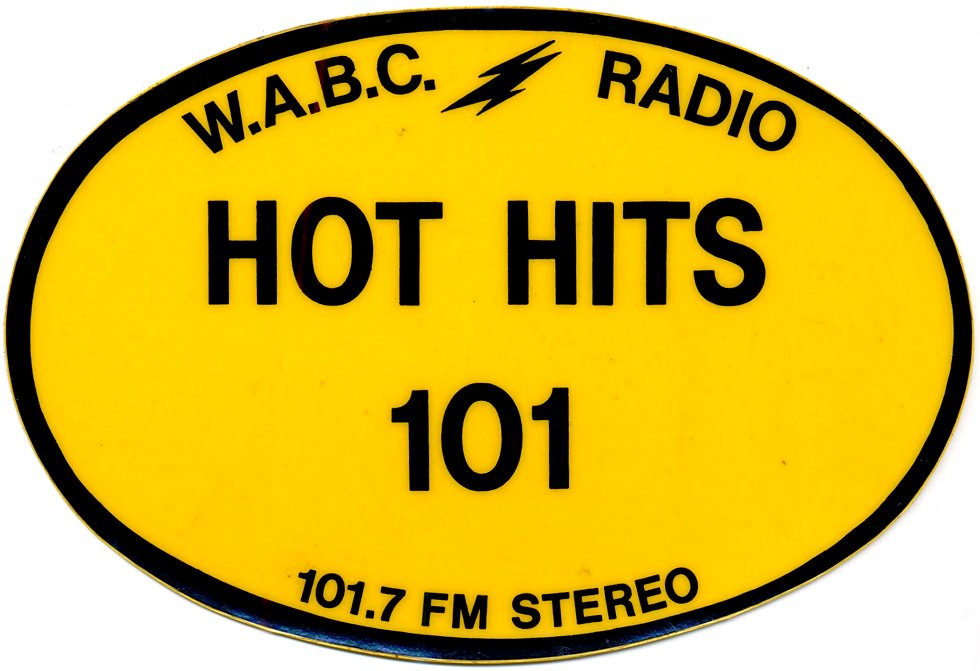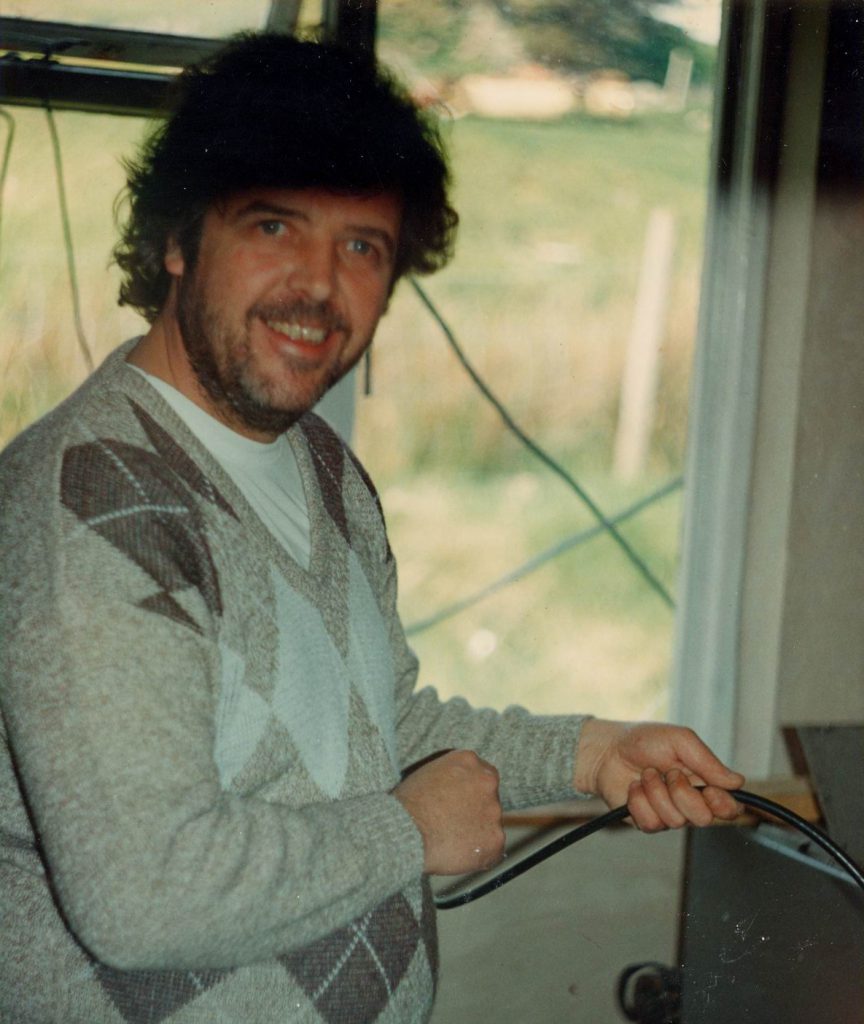Podcast: Play in new window | Download

Today we begin a new series of the history of the Donegal pirate station WABC with the assistance of our friend and long-time watcher of the Irish radio scene, Ian Biggar. WABC was a successful station that was on air over three separate periods before and after the introduction of legislation that aimed to silence pirate radio in the Republic of Ireland. WABC first broadcast from September 1987 until the end of December 1988, closing down along with the vast majority of other stations. It returned to the airwaves in June 1989 and continued until April 1991. A final spell of broadcasting occurred for a few months in 2001. The station operator was Paul Barnett (RIP), known on air as Paul Burbank or Paul Bentley, who had a background in land-based pirates in the UK. Paul moved with his Irish-born wife Krissi to Coleraine and set up WABC and both were heard regularly on the station. Following the demise of WABC, Paul took over the ownership of another long-running Donegal pirate, Radio North, which continues to broadcast to this day.

The Anoraks UK Weekly Report of 6th September 1987 reported that WABC had been heard testing on 106 FM and that AM was due to follow. The station was based at Inishowen Head and was beaming its signal into Northern Ireland. WABC began regular broadcasts on 16th September on 106 FM only. The Weekly Report of 1st November referred to ‘WABC – the Hot 107’ following a frequency change and noted that the station was being received well in Blackpool despite the distance, due to a high location for the transmitter. A PO box in Coleraine in Co. Derry was given as the contact address.
The Weekly Report of 8th November again noted WABC and commented that they ‘must certainly have appealed to young people with their fast disco/Top 40 format and dozens of jingles (all old favourites chopped up, but nice, nevertheless, to hear again). Advertisers were urged to contact the station without delay, and we feel sure that they will be doing just this. It would be interesting to know how far the station is penetrating into Ireland, with a listenable (marketable) signal’. On 6th December, Anoraks UK noted that WABC was also audible in Blackpool on 1242 kHz once Radio Merseywaves was off the air. The 20th December 1987 edition of Weekly Report noted that the AM transmitter had an output of 500w but that the aerial was inefficient, while the 107 FM transmitter was running about 350w from a site 4 miles east of Moville. It also noted a new channel of 98 FM in use with just 50w but plans to increase the signal to 1kW. Paul Barnett was quoted as saying that selling ads was not easy due to fierce competition but that a sizeable audience had been built up after just a few months on air. At this time, WABC was operating from 0700-0100 every day with an ‘all hits – no country’ policy aimed at the 15-35 age group.
Our first recording of WABC was made on high ground in East Ayrshire in Scotland and due to the distance from the TX site, includes some fading. The station had recently come on air and was broadcasting from a mobile home near Malin Head. Some adverts are heard for businesses in Derry and Antrim and DJ Dougie Dee plays a hangman competition on air with plenty of phone entries. The tape was made from 1852-1940 from 107 FM on 29th October 1987 and is courtesy of DX Archive.
